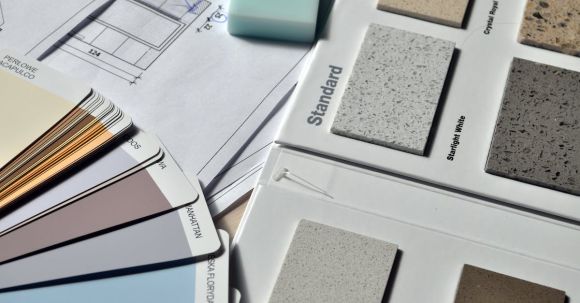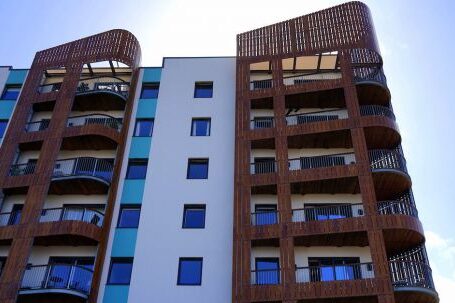Renovating your home is a great opportunity to make it more eco-friendly and sustainable. By incorporating sustainable practices and materials into your renovation project, you can reduce your carbon footprint and create a healthier living environment. In this article, we will explore some eco-friendly home renovation ideas that you can consider.
Energy-Efficient Lighting
One of the easiest and most cost-effective ways to make your home more eco-friendly is by installing energy-efficient lighting. Traditional incandescent light bulbs use a lot of energy and have a short lifespan. Switching to LED or CFL bulbs can significantly reduce your energy consumption and save you money on your electricity bills. Additionally, consider installing motion sensors or timers to automatically turn off lights when they are not in use.
Water-Saving Fixtures
Conserving water is another important aspect of sustainable living. By installing water-saving fixtures such as low-flow showerheads and faucets, you can significantly reduce your water usage. These fixtures are designed to maintain a strong water pressure while using less water, helping you save money on your water bills and conserve this precious resource.
Energy-Efficient Appliances
When renovating your home, consider upgrading your appliances to energy-efficient models. Appliances such as refrigerators, dishwashers, and washing machines are available in energy-efficient options that can help you save energy and reduce your carbon footprint. Look for appliances with the Energy Star label, which indicates that they meet strict energy efficiency guidelines.
Insulation and Weatherproofing
Proper insulation and weatherproofing are essential for maintaining a comfortable and energy-efficient home. Poor insulation can result in energy loss and higher heating or cooling bills. During your renovation, consider adding insulation to your walls, attic, and floors to improve energy efficiency. Additionally, seal any air leaks around windows, doors, and vents to prevent drafts and maintain a consistent indoor temperature.
Renewable Energy Sources
If you are looking to take your eco-friendly renovation to the next level, consider incorporating renewable energy sources into your home. Solar panels are a popular option for generating electricity from the sun. They can help reduce your reliance on fossil fuels and lower your electricity bills. Additionally, you may consider installing a solar water heater to heat your water using renewable energy.
Natural and Sustainable Materials
Choosing natural and sustainable materials for your renovation can have a significant impact on the environment. Opt for materials such as bamboo or cork flooring, which are renewable and biodegradable. Consider using reclaimed wood for furniture or accent pieces, as it reduces the demand for new lumber. When selecting paints and finishes, look for low or zero VOC (volatile organic compound) products, as they release fewer harmful chemicals into the air.
Proper Waste Management
During a renovation project, proper waste management is crucial to minimize the impact on the environment. Recycle or donate any materials or items that are still in good condition but no longer needed. Separate and properly dispose of any hazardous waste, such as paint or chemicals, to prevent them from polluting the environment. By taking these steps, you can reduce the amount of waste that ends up in landfills.
In conclusion, eco-friendly home renovations are a great way to create a sustainable living environment. From energy-efficient lighting and appliances to natural materials and proper waste management, there are many ways to make your home more eco-friendly. By incorporating these practices into your renovation project, you can reduce your carbon footprint, conserve resources, and create a healthier home for you and your family.





